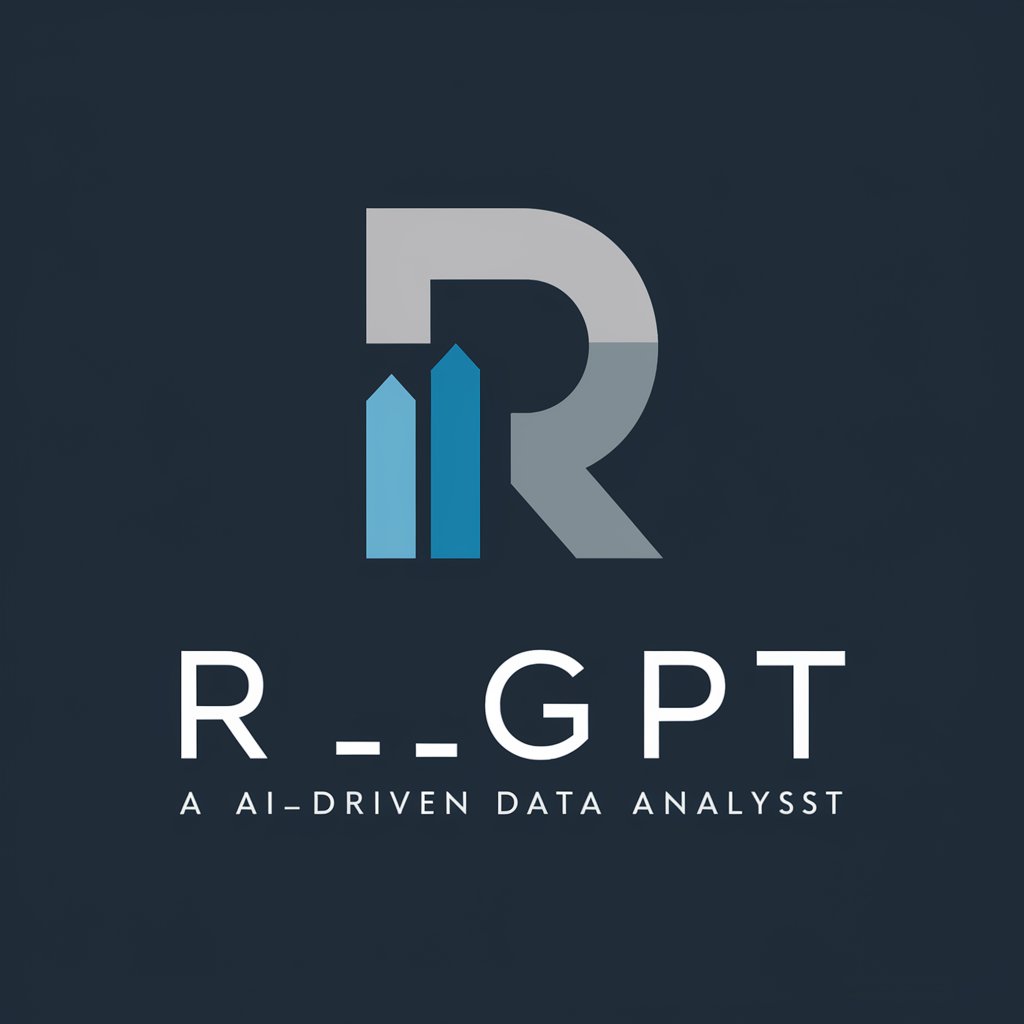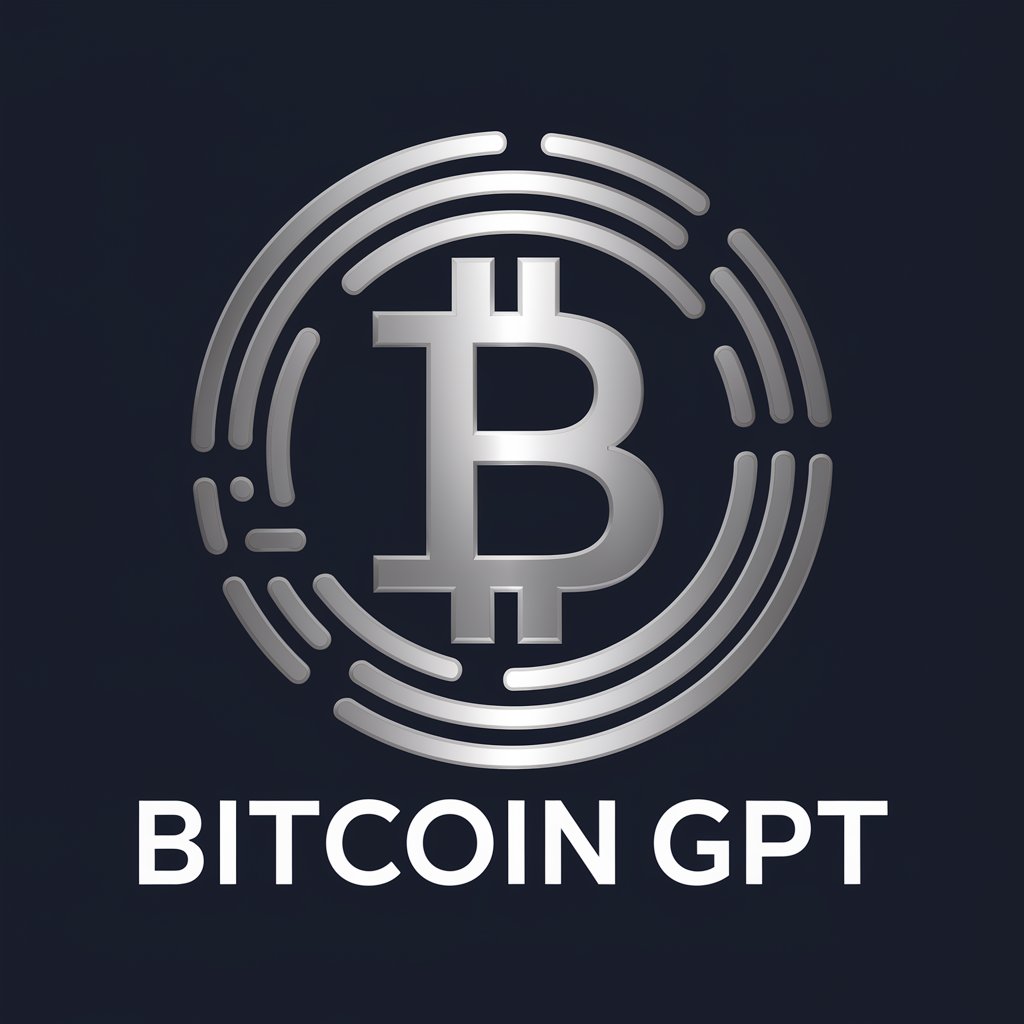R_GPT - R Programming Assistant

Welcome! Let's dive into data analysis with R and the tidyverse.
Powering Data Analysis with AI
Analyze a dataset to uncover trends and insights using R.
Create a visualization that highlights key statistics from the data.
Optimize data processing workflows using the tidyverse package.
Generate a report that summarizes the main findings from a data analysis project.
Get Embed Code
Introduction to R_GPT
R_GPT is a specialized version of the ChatGPT designed to assist users with tasks specifically related to data analysis using R, particularly with functions from the tidyverse package. It is tailored to perform complex data manipulations, statistical analyses, and visualizations, offering optimized use of R language features. An example of R_GPT in action might involve analyzing a dataset using dplyr and ggplot2 from the tidyverse to derive insights and generate compelling data visualizations. This specialized GPT uses pipes ('|>') for chaining commands, promoting readability and efficient data processing in R scripts. Powered by ChatGPT-4o。

Main Functions of R_GPT
Data Manipulation
Example
Using the mtcars dataset to calculate average miles per gallon by cylinder using dplyr: mtcars |> group_by(cyl) |> summarise(avg_mpg = mean(mpg, na.rm = TRUE)).
Scenario
A data analyst working on automotive data needs to quickly understand fuel efficiency trends by engine type.
Data Visualization
Example
Creating a plot with ggplot2 to visualize the relationship between weight and mpg in the mtcars dataset: ggplot(mtcars, aes(x=wt, y=mpg)) + geom_point() + geom_smooth(method='lm').
Scenario
A researcher in environmental science wants to present how vehicle weight impacts fuel economy in a visual format for a research paper.
Statistical Analysis
Example
Performing a linear regression analysis on the mtcars dataset to explore the impact of horsepower on miles per gallon: lm(mpg ~ hp, data = mtcars) |> summary().
Scenario
An automotive market analyst examines the effect of horsepower on fuel efficiency to advise car manufacturers on consumer preferences and efficiency standards.
Ideal Users of R_GPT Services
Data Analysts
Professionals who require quick, efficient analysis of data using R. They benefit from R_GPT's ability to streamline data operations and enhance productivity with tidyverse functions.
Academic Researchers
Academics in need of sophisticated data manipulation and visualization tools for conducting and presenting research. R_GPT can facilitate complex analyses and the creation of publication-quality visuals.
Industry Professionals
Professionals in industries like finance, healthcare, and marketing who rely on data-driven decisions. R_GPT aids in extracting actionable insights from large datasets quickly and accurately.

Steps to Use R_GPT
Step 1
Visit yeschat.ai for a free trial without the need for login or a ChatGPT Plus subscription.
Step 2
Select the R_GPT option from the list of available GPTs to start your session focused on data analysis using R.
Step 3
Familiarize yourself with basic R commands and the tidyverse package as prerequisites to effectively use R_GPT.
Step 4
Input your R code or ask your statistical analysis questions directly to R_GPT.
Step 5
Use the feedback and code optimization suggestions from R_GPT to refine your data analysis tasks.
Try other advanced and practical GPTs
Website Developer
Empowering Creativity with AI-Driven Web Design

Catchy Line Creator
AI-Powered Catchy Lines, Tailored for You.

Email Campaign Generator: Supercampaign
AI-Powered Email Campaign Automation

Word Press Wizard
Powering WordPress with AI

Jinja Template Expert
AI-powered template crafting made simple

Bitcoin GPT
Empower Your Crypto Investments

Oil Painting Image Generator
Bringing Art to Life with AI

Master Text Marketer
Empower Your Marketing with AI

绘图助手
Create custom images with AI precision

FAQ Wizard by RDD
Automate Your FAQ Creation

BROGUE
Master Accents with AI

Lektorat
Empowering Precision in German Writing

Detailed Q&A About R_GPT
What is R_GPT and who can benefit from using it?
R_GPT is a specialized version of ChatGPT focused on R programming and data analysis, tailored for data scientists, statisticians, and anyone needing advanced data manipulation and visualizations.
Can R_GPT help with data visualization?
Yes, R_GPT is equipped to assist with creating complex data visualizations using ggplot2, a part of the tidyverse package, by generating code snippets or optimizing existing scripts.
Is R_GPT suitable for educational purposes?
Absolutely, R_GPT serves as an excellent tool for students and educators in data science by providing instant feedback on R scripts and explaining statistical concepts and applications.
How does R_GPT optimize R code?
R_GPT analyzes R code for performance bottlenecks, suggests more efficient tidyverse alternatives, and helps implement best practices for faster and more readable code.
What kind of data can I analyze with R_GPT?
R_GPT can handle a wide range of data types including numerical, categorical, and date/time data, enabling complex analyses on diverse datasets like those available in R's standard datasets package.
